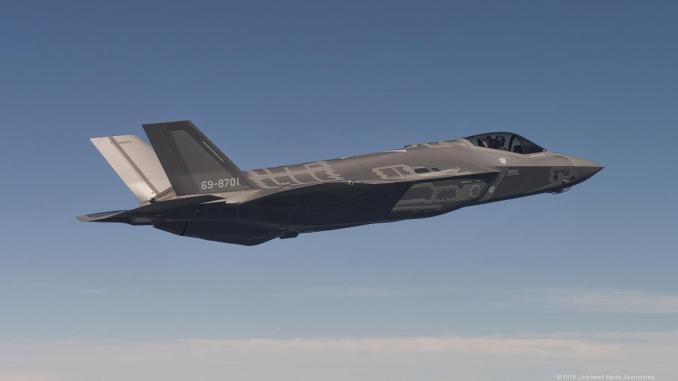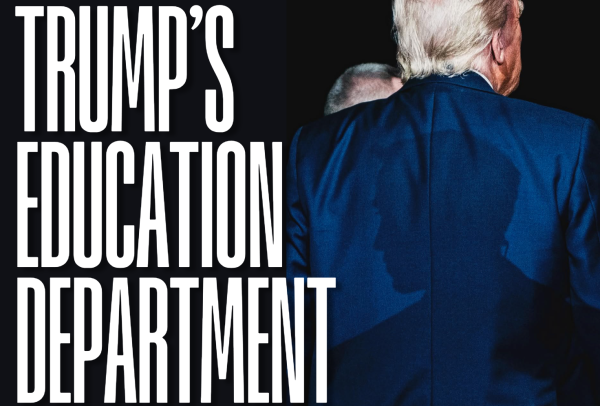The Enemy of My Enemy
By Timothy Kyle
The currency that U.S. relations in the Middle East is built on is not goodwill or trust, as in other parts of the world, but utility. Over the course of the last several decades, the U.S. has built a web of alliances and treaties with key players, such as Saudi Arabia and Turkey, to ensure the stability of the region.
Recently, some of these partnerships have come under intense scrutiny for ongoing human rights abuses and foreign influence. Ongoing tensions with Turkey culminated this week in the cancellation of new fighter sales, primarily due to Turkey’s purchase of Russian missiles. This marks a new low point with an extremely important ally whose proximity to conflict zones and relative stability makes them a cornerstone in Middle East policy.
Though it is important to hold our partners in the region accountable, it is equally important to avoid ceding the immense strategic benefits of such partners to hostile actors such as Russia or China.
The United States, now more than ever with the resurgence of superpower competition, needs to walk a fine line between our commitment to freedom and democracy.
When discussing Middle Eastern geopolitics, there is an important truth that must first be understood: there are few benevolent actors, if any, and this is entirely irrelevant to the motivation for U.S. interests in the region.
Tin-pot dictators, Islamist warlords and would-be despots control the most vital tradelanes in the world and round out the list of partners and “friends.” While our support of these tyrants is distasteful, it is simply another reality of global politics that must be accepted.
The alternative — a Middle East dominated by Russia or Iran, for example — is infinitely worse not only for the United States but also for the world as a whole.
As a nation, we can use our military and economic influence to try to peacefully induce cultural change in our more illiberal allies, a strategy that has seen some success in countries like Saudi Arabia and, until recently, Turkey; though this should remain, at best, a tertiary aim.
Our goal in the Middle East, despite the rhetoric of politicians, is not to “spread democracy.” It is to maintain the stability of the busiest shipping lanes in the world and, therefore, the global economy.
The recent developments in the case of Turkey are disturbing. Turkey has long occupied a preeminent spot in the system of U.S.-Middle East alliances. Until recently, it was seen as a shining beacon of hope for the region. An example of what could be.
The Turkey of the 20th century had successfully harmonized nationalism, secularization and liberalization to become one of the largest economies in the world, with universal suffrage and a stable government.
The last decade, however, has seen much of that progress reversed, with Islamism becoming increasingly mainstream and the president, Recep Tayyip Erdogan, concentrating vast amounts of power in his own hands, purging the press and academia and arresting opposition leaders.
Turkey has quickly become another name to add to the list of distasteful U.S. allies, and factions at home have been emboldened to call for reduced military cooperation, pointing to increased human rights abuses as well as Erdogan’s apparent closeness to Russia’s Vladimir Putin. The suspension of F-35 fighter deliveries this week is the first step in a potentially disastrous estrangement.
Make no mistake — the United States will regret cutting ties with Turkey. The U.S. will regret backing away even a little bit and allowing Russia to fill any vacuum caused by a falling-out.
Despite Turkey’s slide into authoritarianism and corruption, we must ensure our alliance remains strong for the sake of our interests in the Middle East. Policymakers should consider Turkey the same way that they consider Saudi Arabia – an unpleasant but necessary partnership — and act accordingly.
Maintain arms sales to the Turkish military. Continue to invest in the Turkish economy and support the legitimate Turkish government.
At the same time, we should take appropriate measures to limit Russian influence — the stated reason for the cessation of F-35 deliveries — instead of accepting it as a fact of geopolitics.
There are some who claim that our continued relationships with unsavory actors in the Middle East legitimize authoritarians and tyrants. They are, unfortunately, right.
Some of our allies are veritable despots — but that’s not the point. It is a calculated political cost that we maintain relations with such disagreeable regimes in order to keep the conflicts in the region from spiraling out of control and blocking our great power competitors from swooping in and disturbing the balance of power in the region and the world.
We can try and use our soft power — our cultural and economic influence — to affect some political change for the better in the countries where we hold sway.
However, until then, we must begrudgingly continue working with and supporting the autocrats of the Middle East – or someone far worse than the United States will.
Timothy Kyle, FCRH ’21, is a history and political science from West Hartford, Connecticut









































































































































































































